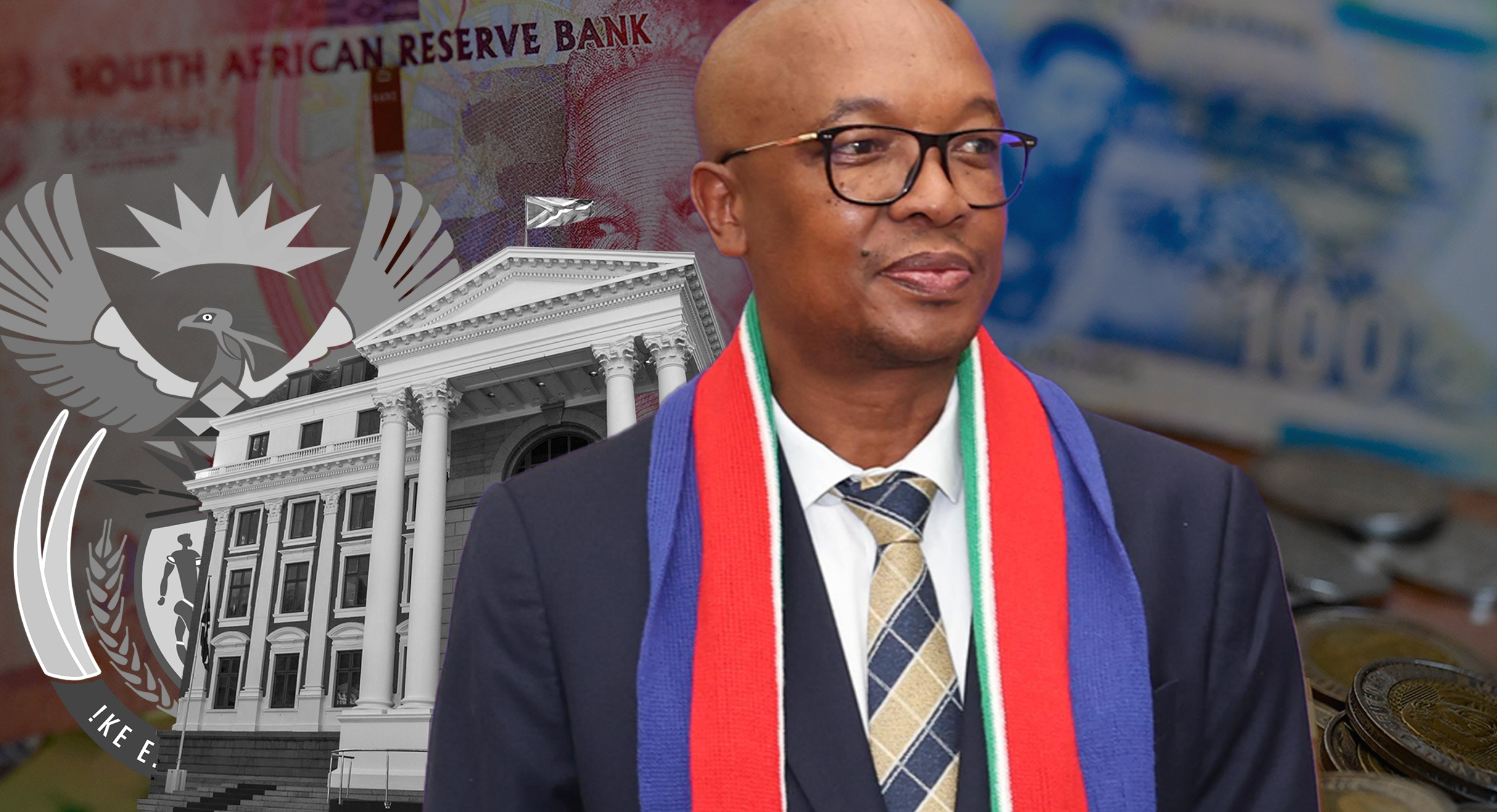Trade, Industry and Competition Minister Parks Tau has published the concept document for the contentious R100-billion transformation fund for public comment.
In a statement on Wednesday, the Department of Trade, Industry and Competition (DTIC) said the concept document would be made available for a 30-day public comment period.
The proposed fund is meant to complement Broad-Based Black Economic Empowerment (B-BBEE) goals by allowing companies to join the equity-equivalent investment programme rather than ceding 25% of their local operations.
Members of the public and interested parties are invited to make inputs and comments on the draft document from 20 March to 7 May.
Read more: BEE on borrowed time — why attacks on SA’s social engineering project won’t abate this time
“This provides an opportunity for the seventh administration to work with the private sector to increase the effective economic participation of black-owned and managed enterprises, including small, medium and micro enterprises and cooperatives, and enhance their access to financial and non-financial services support in line with the requirement of the B-BBEE Act,” said Tau.
“We firmly are in pursuit to transform the economy as guided by the Vision 2023 of the National Development Plan, which is to eliminate poverty and reduce inequality. Our constitutional imperative places a collective burden on all of us to advocate for equality and redress.”
Draft Transformation Fund Concept Document by on Scribd
Tau first mooted the idea of the fund at a DTIC portfolio committee meeting in Parliament in November 2024, when presenting the department’s revised annual performance plan for 2024/25, according to a News24 report. The fund has not yet been taken to the Cabinet for consideration.
Tau later confirmed his plans in response to a parliamentary question from DA MP Toby Chance.
There was an outcry following Tau’s announcement. Organised business, including Business Unity SA, said it opposed the Black Economic Empowerment (BEE) fund plan. The DA too opposed the fund, calling it a “reckless”, “unlawful” and “race-based BEE” fund.
In his State of the Nation Address in February, President Cyril Ramaphosa announced that the transformation fund would get R100-billion over the next five years to capitalise it. However, he made no mention of how it will be funded (including the private sector’s role — if any), and who will oversee it.
“We will set up a transformation fund worth R20-billion a year, over the next five years, to fund black-owned and small business enterprises,” he said.
Read more: Much-hyped R100bn BEE fund plan will struggle to get off the ground
In Wednesday’s statement, the DTIC said it was “expected” that the R100-billion would be supported through a joint effort by the government “in partnership with the private sector”.
With regard to accountability and oversight measures, Tau said the department would put in place governance structures to ensure there was accountability to both the government and private sector, as well as transparency and efficiency in managing the fund.
“We will be establishing a special purpose vehicle that will have accountability to an oversight committee and a board with required skills and capacity,” he said.
A key programme of the GNU
The DTIC’s draft concept document says a board of directors will be constituted by the government and the private sector will oversee the implementation of the fund.
According to the document, the transformation fund is a mechanism that “seeks to bring the transformation aspirations” of the Government of National Unity into reality.
“South Africa’s black entrepreneurs continue to face unprecedented challenges in accessing affordable finance, non-financial support and post-investment assistance from the market.
“The 2024 Statement of Intent of the Government of National Unity (GNU) accentuates the South African government’s aim to build a democratic state guided by a progressive Constitution and a system of institutions that translate the values of the Constitution into practice with a focus on the achievement of social justice, redress and equity, as well as the alleviation of poverty. Thus, transformation has been highlighted as one of the key programmes of the GNU,” read the document.
Capitalisation
The fund, according to the draft document, will mobilise resources and funding “from government departments, organs of state and public entities in order to leverage on funds and non-financial support which are available in various departments.
“The resources from those initiatives will be leveraged together with funds from the private sector in order to increase the impact in various sectors targeted by various departments like Tourism, Rural Development, Agriculture and Provincial Economic Development Departments.”
The DTIC also suggests that multinational companies struggling to meet B-BBEE ownership requirements can contribute 25% of their operations’ value to the transformation fund.
Contributions to the fund will generally be exempt in terms of section 56(1)(h) of the Income Tax Act of 1962. They will qualify for a deduction under section 18A of the Act upon issuing a confirmation of receipt in respect of contributions made to the fund. DM
Members of the public and interested parties who would like to comment on the draft document should email their input to: transformationfund@thedtic.gov.za by 7 May.





